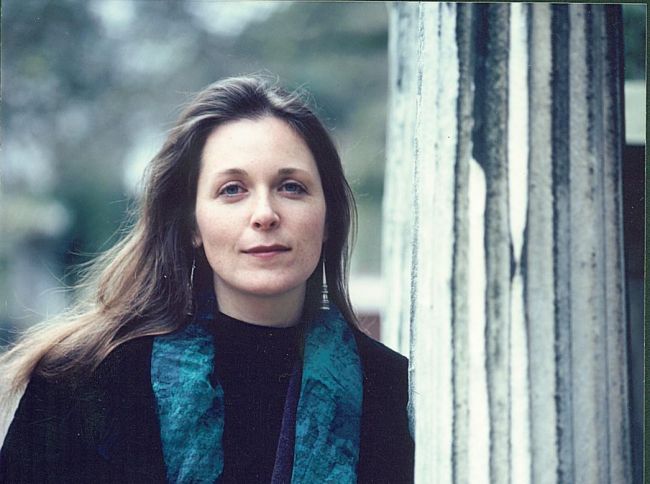Is the Curriculum fit for purpose?
Deirdre Gribbin is a music teacher, composer and artistic director at Venus Blazing Music Theatre Trust.

What if music education was at the centre of all curriculum programming in the UK education system? As a Sir Winston Churchill Fellow in Canada and the US I witnessed effective creative music programming in primary and secondary school settings where progressive collective music making was seen as imperative for the enhancement of students’ education overall.
Let’s dream of a world without the confines of exams and time pressures absorbing vast amounts of compulsory curriculum criteria, a world that allows for the embodiment of creative collaborative music performance and composition as a central force and catalyst for cognitive and social development. Dr Nina Krauss at Northwestern University has established research which shows the impactful power of active music engagement on brain development to do with language skills and cognition.
In my work in pedagogy as Professor in Composition at Trinity Laban Conservatoire of Music and Dance and at the Royal College of Music, I have developed teaching strategies which embody the art of creative development as a central tool for inclusion and social integration encompassing diversity with a strong awareness and respect for the individual’s ability to relate to music and creativity.
The music curriculum in Key Stage 2 and 3 attempts to develop an understanding for group music making and creative composition, but as the curriculum becomes much narrower in secondary education, music falls from it as a staple core activity. This is just at a time when young people are struggling with issues to do with their mental health and well-being, their development of social skills and their sense of identity. I believe that a shared space for weekly collaborative composition could be a real game changer for this group of young individuals in helping them through this often difficult and isolating journey to adulthood.
Approaches to developing creative ideas in a group activity such as composition can teach so many transferable skills. These include decision making; what to include in a piece of music that will collectively make it better, how to take initiative and lead, how to have fun and enjoyment in a focused positive goal, how to assert and gain confidence in a protected space and, most importantly, how to use this approach to music creation to foster a genuine inclusion and respect for peers and colleagues. These are skills which are imperative in any future work and social setting.
As Artistic Director of the charity Venus Blazing Music Theatre Trust I have seen the power of this approach to creativity. I work with young people with Down’s Syndrome. In one of the greatest examples of the impact of music on cognitive development, I witnessed one of our young participants who struggled with verbal language and self-expression make the huge leap of being able to sing his name at the beginning of a session after a year of being silent. This step unlocked a quirky and inventive personality who was able to build his confidence and sense of self through his belonging to something that was important to him and where he felt that he was valued.
As a Professor at The Royal College of Music these skills have been captured in a short film for their knowledge exchange programme where students at the college engage in programmes of reciprocal learning with the cognitively diverse participants of the Venus Blazing Music Trust. I have witnessed the positive impact of college level music students who excel at what they do giving something back and, more importantly, learning from those with different approaches to cognitive thinking and communication.
One such student shared with me that her experience was vital to her personal well-being because it enabled her to value what she had achieved in her life and also gave her the opportunity to relate to and understand the wider community including the unfamiliar. She got there through the power that creative music making was able to unlock.
Let’s try to change perspectives and go off-grid to make this approach to learning at all levels the norm.
This article first appeared in Engage 25.




